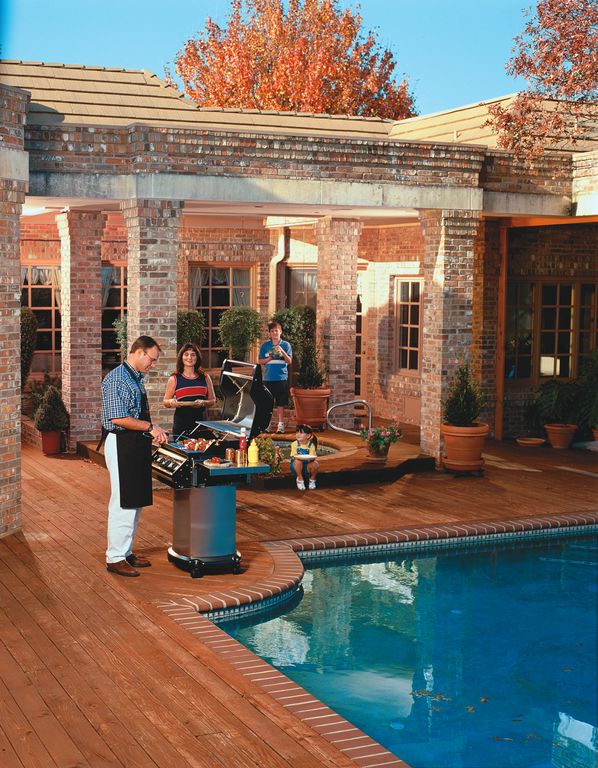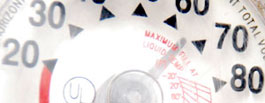- December 8, 2025
IF YOU SMELL GAS…
No Flames or Sparks. Immediately put out all smoking materials and other open flames. Do not operate lights, appliances, cell phones or telephones. Flames or sparks can trigger an explosion or fire.
Leave the Area Immediately. Get everyone out of the building or area where you suspect gas leaking.
Shut Off the Gas. Turn off the main gas supply valve on your propane tank if it is safe to do so. To close the valve, turn it to the right (clockwise).
Report the Leak. From a neighbor’s home or other nearby building away from the gas leak, call your propane retailer right away. If you can’t reach your propane retailer, call 911 or your local fire department.
Do Not Return to the Building or Area until your propane retailer determines that it is safe to do so.
Get Your System Checked. Before you attempt to use any of your propane appliances, your propane retailer or a qualified service technician must check your entire system to ensure that it is leak-free.






